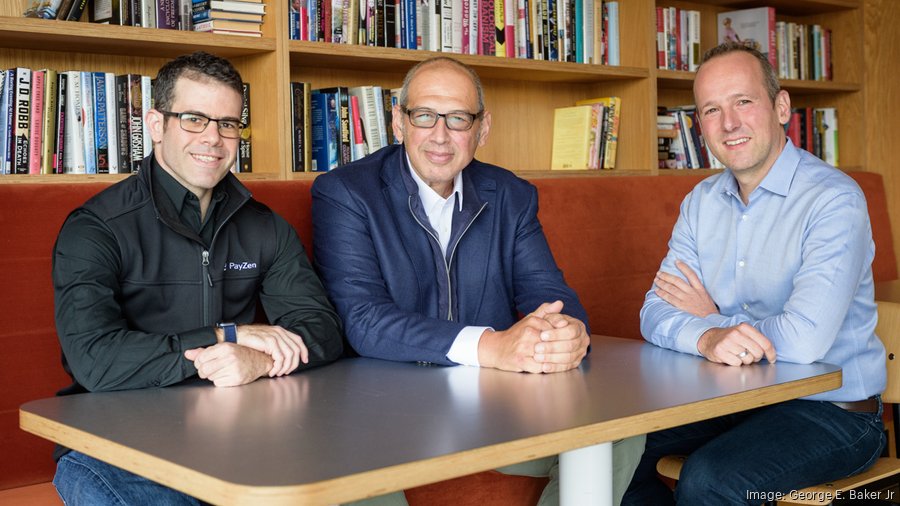Millions of Americans are in debt, and a lot of that financial strain comes from medical bills — even for patients who are insured.
Deductibles in employer-based plans have tripled over the past decade, according to an Los Angeles Times investigation from 2019, which pushes health care for many further into only-for-emergencies territory. The result is Americans are delaying preventative and urgent care treatments as well as going into debt at rates not seen in other wealthy nations.
PayZen wants to bring the "buy now, pay later" model popularized by companies like Affirm for consumer goods into the health care market to help insured patients manage medical debt.
The San Francisco startup likes to call it "care now, pay later" and, unlike credit-based installment plans, it does not charge users any interest or fees. Instead, health care providers accept a reduced payment directly from PayZen. The startup then collects payments from patients over a set period of time — from just a few months to several years.
Co-founders Itzik Cohen, Ariel Rosenthal and Tobias Mezger wanted to address affordability in health care when they founded PayZen in 2019, building off of their combined experience working at fintech companies such as the lending platform Prosper.
PayZen launched earlier this year and on Wednesday announced a $15 million Series A led by SignalFire and also included Link Ventures, 7WireVentures, Viola Ventures and Picus Capital. This brings its total funding to $20 million.
Cohen, PayZen's CEO, was born in Israel and has lived in the U.S. for about 25 years. Several years after moving here, he was diagnosed with cancer and ended up owing $40,000 for his treatment, despite being insured.
“There are many, many things to solve in health care. We're not solving everything. We just started with our knowledge, our capability,” Cohen said. “We can tackle right now something that we think is not going to stop, which is how do we address affordability.”
Health care providers agree to accept reduced rates because PayZen pays upfront before collecting the balances from patients. It doesn't charge patients any interest or fees. Instead, PayZen pockets the difference between the amounts paid by providers and what patients actually pay — simultaneously guaranteeing providers revenue, while reducing what patients would have paid otherwise.
It uses big data and artificial intelligence to determine the risk of nonpayment by combining income verification with clinical data. It's not a collection agency, though, and if a patient does not pay in full, PayZen takes a loss.
Americans had $140 billion in medical debt as of 2020, according to a JAMA study published this summer, but that only accounts for debt that has been sent to collections. The study also showed that medical debt has dropped in states that expanded Medicare enrollment since 2014.
And nearly one-fifth of all US households could not afford to pay for medical care upfront in 2017, according to the Census which started asking about medical costs for the first time four years ago.
PayZen currently has around three dozen employees and expects to nearly triple its headcount by the end of 2022. The new funding will help accelerate its efforts in sales, marketing and launching new products.
Cohen also said the company is on track to increase the number of the providers that it contracts with by 500-1,000% next year.
"It shows that there's a huge demand for service," Cohen said. "There's a real need here."




